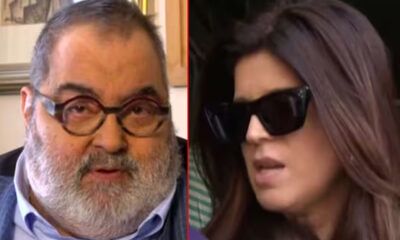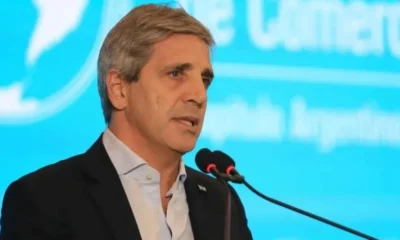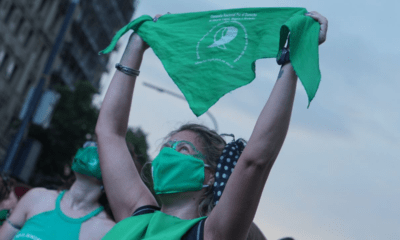INTERNACIONAL
US-funded Radio Free Asia closes its Hong Kong bureau over safety concerns under new security law

HONG KONG (AP) — The president of U.S.-funded Radio Free Asia said on Friday that its Hong Kong bureau has been closed because of safety concerns under a new national security law, deepening worries about the city’s media freedoms.
Bay Fang, the president of RFA, said in a statement that it will no longer have full-time staff in Hong Kong, although it would retain its official media registration.
HONG KONG PRISONERS JAILED FOR NATIONAL SECURITY CRIMES UNLIKELY TO GET EARLY RELEASE, LEADER SAYS
«Actions by Hong Kong authorities, including referring to RFA as a ‘foreign force,’ raise serious questions about our ability to operate in safety with the enactment of Article 23,» Fang said.
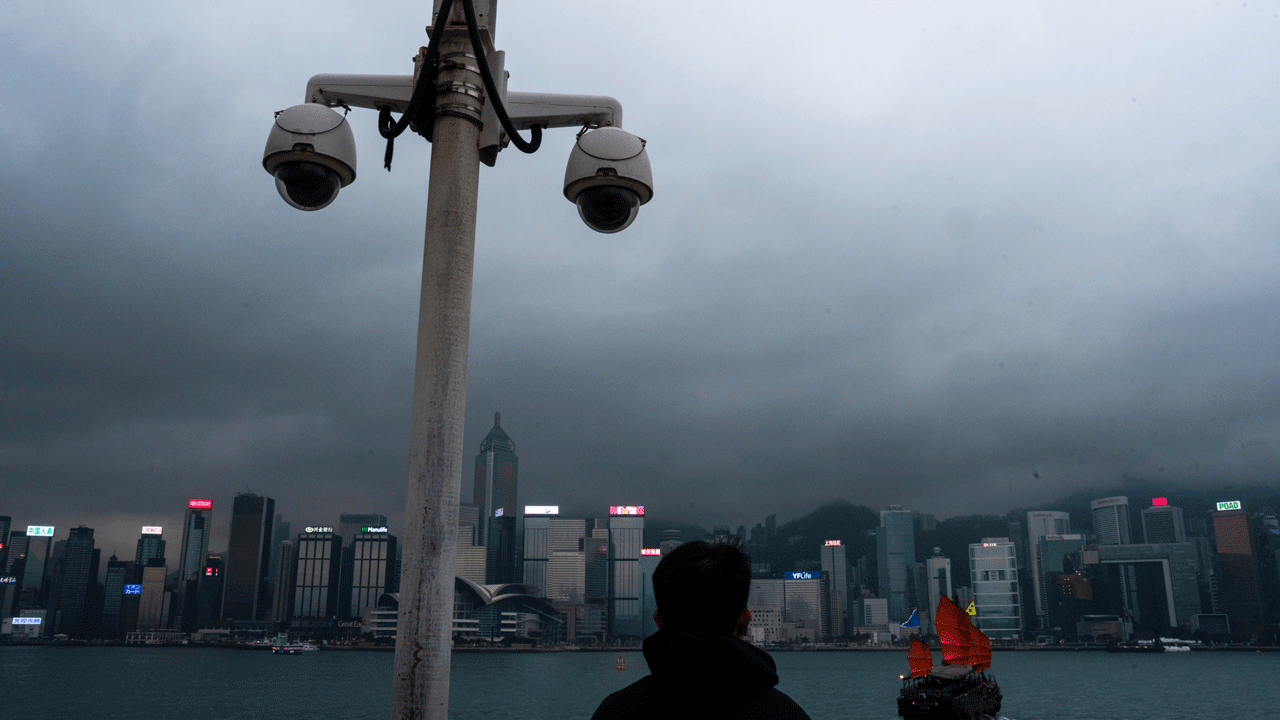
Surveillance cameras are seen as a visitor looks at Victoria Harbour in Hong Kong, Monday, March 11, 2024. The president of U.S.-funded Radio Free Asia said its Hong Kong bureau has been closed because of safety concerns under a new national security law, deepening concerns about the city’s media freedoms. Bay Fang, the president of RFA, said in a statement Friday March 29, 2024 that it will no longer have full-time staff in Hong Kong, although it would retain its official media registration. ( AP Photo/Louise Delmotte)
RFA’s move is widely seen as a reflection of the city’s narrowing space for a free press following the enactment of the Safeguarding National Security Ordinance, locally also known as Article 23 legislation.
Rep. Gregory Meeks, the ranking member of the House Foreign Affairs Committee, expressed concern over RFA’s shutdown and said the new law «not only represents a significant escalation in efforts by Hong Kong and Beijing authorities to suppress free speech and expression,» but «also undermines media freedom and the public’s ability to obtain fact-based information.»
Cédric Alviani, the Asia-Pacific bureau director for Reporters Without Borders, called the broadcaster’s withdrawal «a consequence of the chilling effect applied on media outlets» by the new security law.
«We urge democracies to build up pressure on Chinese authorities so that press freedom is fully restored in the territory,» Alviani said.
Hong Kong, once seen as a bastion of media freedom in Asia, has already changed drastically since Beijing imposed a similar security law in 2020, following anti-government protests in 2019.
Since the introduction of the 2020 law, two local news outlets known for critical coverage of the government, Apple Daily and Stand News, were forced to shut down after the arrest of their senior management, including Apple Daily publisher Jimmy Lai.
Hong Kong ranked 140th out of 180 countries and territories in Reporters Without Borders’ latest World Press Freedom Index.
The new home-grown security law, which was enacted through an expedited legislative process last week, has expanded the government’s power to stamp out challenges to its rule.
It targets espionage, disclosing state secrets, and «colluding with external forces» to commit illegal acts, among others. Some offenses, such as treason and insurrection, carry a maximum penalty of life imprisonment.
The legislation has sparked worries among many journalists over a further decline in media freedom. They fear the broadly framed law could criminalize their day-to-day work.
RFA, funded by the U.S. Congress through the U.S. Agency for Global Media, has recently been under the Hong Kong government’s attack. In January, police issued a letter to RFA and condemned it for quoting «false statements» by wanted activist Ted Hui that they said smeared the police force.
Hui, a former pro-democracy lawmaker, is one of the overseas-based activists for whom police have offered awards of 1 million Hong Kong dollars ($128,000) for information leading to their arrest. He is accused of requesting foreign countries to impose sanctions on Hong Kong and China.
In February, Hong Kong’s security minister, Chris Tang, said some comments quoted in reports by RFA about the new legislation were «fake» and «false.»
He did not specify the comments or reports, but said they suggested that some provisions of the law were targeting the media. He insisted there were protections for the media in the legislation.
When asked whether the work of RFA is considered «external interference» or «espionage,» Tang said any violation of the law should be judged on a case-by-case basis. If someone deliberately used false information to defame the government’s legislative work, he said he had to let Hong Kongers see clearly the intention of these «external forces» and those who have fled and want to endanger Hong Kong’s security.
The Hong Kong government on Friday refused to comment on operational decisions of individual organizations. But it condemned «all scaremongering and smearing remarks» against the new law in an email response.
It said many other countries also have security laws. «To single out Hong Kong and suggest that journalists would only experience concerns when operating here but not in other countries would be grossly biased, if not outrageous,» it said.
The government insisted the new law only targets an extremely small minority of people who endanger national security and that most journalists will not unwittingly violate it.
Fang said RFA’s Hong Kong bureau has operated as a private news organization since its launch in 1996 and that its editorial independence was safeguarded by a firewall endorsed by the U.S. Congress.
«This restructuring means that RFA will shift to using a different journalistic model reserved for closed media environments,» she said.
CLICK HERE TO GET THE FOX NEWS APP
But she assured RFA’s audience in Hong Kong and mainland China that its content would «continue without disruption.»
Hong Kong authorities have not announced any arrests under the new law. But the government on Wednesday condemned the BBC for what it called an «extremely misleading report» about an activist who was blocked from a remission of sentence, or early release, under the law. Tang also wrote a letter to condemn an opinion piece by The New York Times.
Over the past months, articles by other international media outlets, including the Washington Post and The Times, also have been criticized by officials.
INTERNACIONAL
La sentencia del escalofriante caso Pelicot en Francia: se espera que se dicte este viernes y puede haber penas de hasta 20 años de prisión
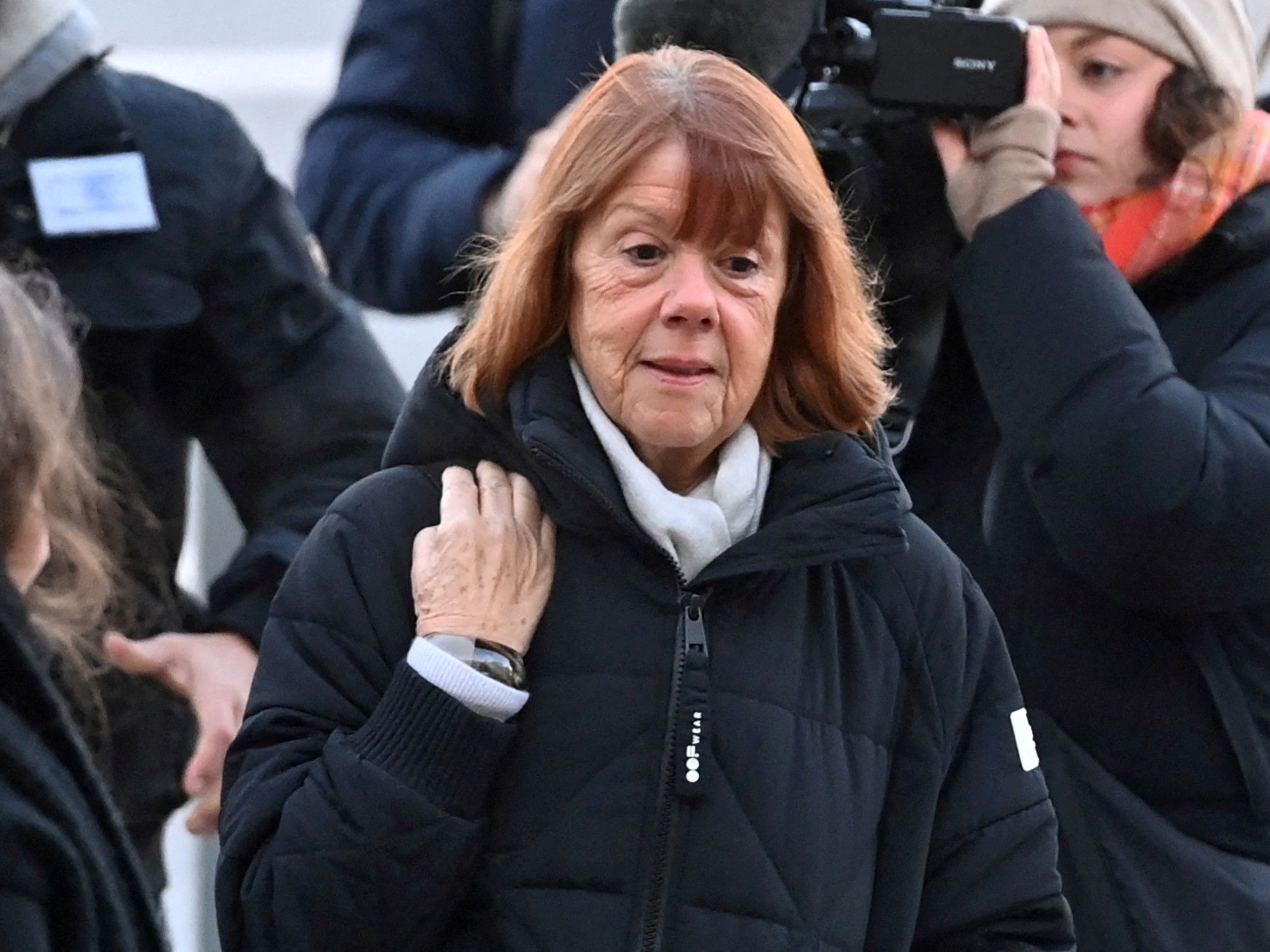
Un símbolo
-
POLITICA3 días ago
Si Milei hace el 15 por ciento de lo que prometió, se queda ocho años
-
CHIMENTOS3 días ago
Por qué afirman que Javier Milei y Yuyito González están al borde de la separación: «Ya no la aguanta más»
-
POLITICA2 días ago
La Libertad Avanza evalúa presentar un proyecto para eliminar la ley de aborto legal
-
ECONOMIA1 día ago
La inflación mayorista de noviembre fue del 1,4%, según el INDEC
-
ECONOMIA1 día ago
Javier Milei festeja este dato de la economía real, por primera vez desde que asumió
-
POLITICA17 horas ago
Patricia Bullrich anunció el regreso del Servicio Cívico para jóvenes que no trabajan ni estudian



